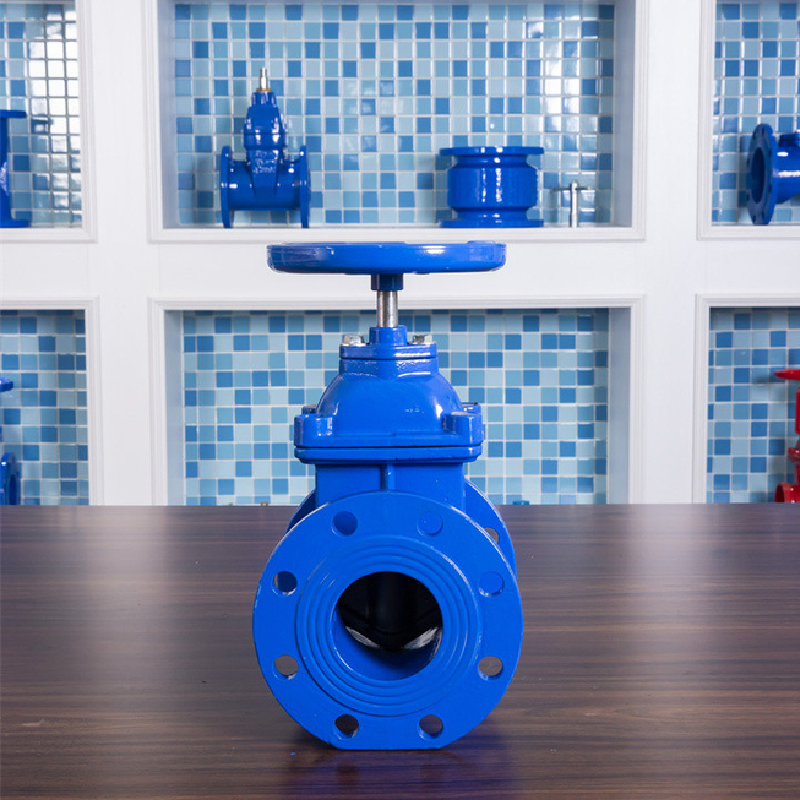Aug . 29, 2024 16:25 Back to list
what is water valve
Understanding Water Valves An Essential Component in Fluid Management
Water valves are critical devices used in various applications to control the flow of water and other fluids. These devices play an essential role in residential plumbing systems, irrigation setups, industrial applications, and municipal water distribution. Understanding what a water valve is and its significance can help homeowners and professionals alike maintain functional and efficient systems.
What is a Water Valve?
A water valve is a mechanical device designed to regulate the flow of water and manage the pressure within piping systems. Valves come in a variety of types, shapes, and sizes, each suited for specific applications. They can be classified based on their function, including shut-off valves, control valves, and pressure relief valves.
- Shut-Off Valves These valves are primarily used to stop the flow of water when necessary. Common examples include gate valves and ball valves. They are often found in household plumbing systems, allowing homeowners to cut off the water supply during repairs or emergencies.
- Control Valves These valves regulate the flow rate and pressure of water within a system. They are frequently used in irrigation systems and industrial processes where precise fluid control is crucial. Examples include globe valves and needle valves.
- Pressure Relief Valves These devices protect systems from excessive pressure buildup by releasing water when predefined limits are reached. They are vital in preventing pipe bursts and ensuring the longevity of the system.
Importance of Water Valves
what is water valve

Water valves are essential for several reasons
1. Flow Control They provide a mechanism to control how much water flows through a pipe at any given time. This is vital for maintaining efficiency in irrigation systems and ensuring the proper functioning of appliances that rely on specific water pressure levels.
2. System Protection By allowing for the regulation of pressure and flow, water valves can prevent damage to plumbing systems. For instance, pressure relief valves can avert disastrous plumbing failures caused by excessive pressure.
3. Maintenance and Repair Valves enable easy maintenance of plumbing systems by allowing sections of the pipeline to be isolated. This isolation can be crucial during repairs or maintenance operations where stopping the entire system is impractical.
4. Water Conservation With the increasing emphasis on sustainability and water conservation, modern valves are designed to minimize leaks and wastage. Technologies such as automatic shut-off valves are developed to optimize water use in agricultural and urban settings.
Conclusion
In summary, water valves are fundamental components of fluid management systems that help maintain efficiency, safety, and functionality. Their ability to control flow, regulate pressure, and facilitate maintenance makes them indispensable in both residential and industrial contexts. Understanding the various types of water valves and their applications can empower individuals and organizations to make informed decisions about their plumbing and fluid management needs. Whether you are a homeowner managing a household plumbing system or an engineer working on large-scale projects, recognizing the role of water valves is essential in ensuring the effective management of water resources.
-
Water Valve Gate Design Prevents Leakage and CorrosionNewsJul.11,2025
-
Steel Fab Table Features Reinforced Construction for LongevityNewsJul.11,2025
-
Specialized Valve Designs for High Pressure SystemsNewsJul.11,2025
-
Machinist Gauge Pins Feature Ground and Lapped FinishesNewsJul.11,2025
-
Hose Check Valve Prevents Backflow in Irrigation LinesNewsJul.11,2025
-
Durable Micrometer Tools Withstand Heavy Workshop UseNewsJul.11,2025
Related PRODUCTS









